SUMMARY
This is AI generated summarization, which may have errors. For context, always refer to the full article.
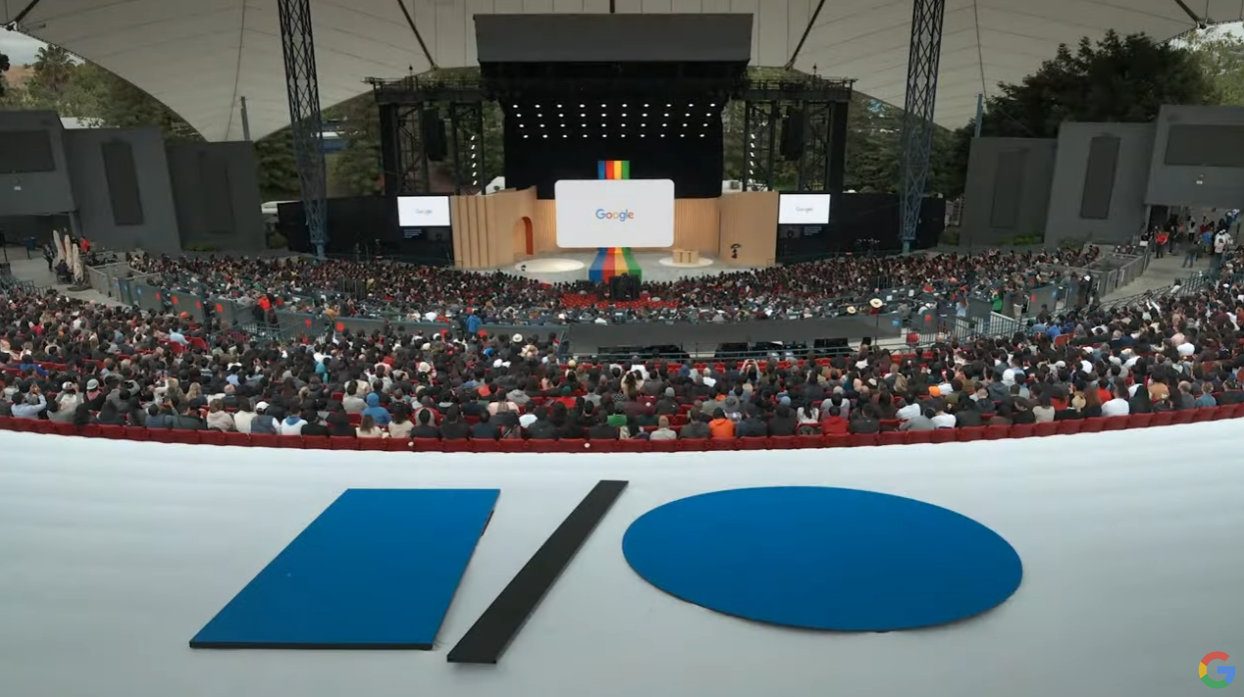
Google hosted its annual I/O developer conference on Thursday, May 11, Manila time, welcoming guests back in-person for the first time since the pandemic.
The event, as many expected, shined the spotlight on the search engine giant’s generative artificial intelligence (AI) developments amid the wide adoption of such tech by different industries around the world.
However, the focus wasn’t solely on AI, with new mobile hardware also getting some time during the keynote.
Here are the top announcements from the event:

Pixel 7a
The Pixel 7a is here! The value model of the Pixel 7 series is powered by the same Tensor G2 chipset on the Pixel 7 and Pixel 7 Pro, allowing it to share the same software capabilities as its stablemates. It also sports a 6.1-inch 1080p OLED display with a 90Hz refresh rate. Other key features include wireless charging and upgrades to the camera system. The Pixel 7a is available for purchase starting today for $499.

Pixel Fold
Alongside the Pixel 7a, Google also introduced the Pixel Fold, which it first teased last week.
The new device is the company’s first crack at a foldable, flaunting a book-like design that’s similar to Samsung’s Galaxy Z Fold 4. It turns from a 5.8-inch smartphone into a 7.6-inch phablet when you unfold it.
What’s perhaps worth noting is that Google optimized its suite of apps to take advantage of the additional screen real estate to better accommodate different functions, whether you’re multitasking or taking selfies with the rear cameras. The Pixel Fold ships next month for the starting price of $1,799.

Pixel Tablet
Google is also making its return to tablets, unveiling the long-rumored Pixel Tablet during the keynote. The device is powered by the company’s Tensor G2 chipset, paired with 8GB of RAM, and sports an 11-inch LCD display. It also comes with a speaker dock that can serve as a place for you to mount and charge the tablet when it’s not in use at home. The Pixel Tablet ships next month for the starting price of $499.

Duet AI for Workspace
As expected, Google is rolling out AI across its suite of apps, products, and services. One of them is, of course, Workspace, which consists of Gmail, Docs, Slides and Sheets, among others.
The company showcased how AI can aid you in these apps, such as providing writing assistance in Docs or generating images for Slides, to name a few examples. These AI features have been rebranded as Duet AI and will be launching to Workspace enterprise and consumer customers next year.
Google also demoed “Help Me Write” during the keynote – a new feature for Gmail that has the AI assistant write you entire emails with just a few text prompts.
AI updates for Search
Google Search is similarly benefitting from AI upgrades by way of what the company calls snapshots.
To access it, you’ll first have to opt in to a new feature called Search Generative Experience, which enables the search engine to return AI-powered results to your queries. You can then narrow down your results in a snapshot by typing in more questions.
AI snapshots are powered by PaLM 2, the latest version of Google’s large language model, which was also announced at I/O. The model is said to be better at reasoning, translation, and coding than its predecessor, and is already powering a number of Google’s services, including Bard.
Bard’s wider availability
Sticking to Bard, Google’s AI chatbot is now available to users across 180 countries, with more coming soon. Previously, if you wanted to try the service, you had to sign up for the waitlist. Bard also now supports Japanese and Korean languages, with more languages coming soon.
Google plans to add more features to Bard down the line, which includes a Midjourney-like image generation service that leverages Adobe Firefly’s tech. The company also plans to integrate the chatbot into other services by partnering with the likes of OpenTable and InstaCart.

Android 14 AI customization
AI is also coming to Android. The highlight of which is perhaps Magic Compose, a new feature in Android Messages that lets you respond to texts using auto-suggested responses. The AI can try to sound like you if you want it to as it supposedly suggests responses “based on the content of your messages”.
If you’re a Pixel owner, you’ll also get access to an exclusive customization feature. Starting next month, you’ll be able to describe to a generative AI what kind of wallpaper you want, and it’ll use Google’s text-to-image diffusion model to generate it for you.

Magic Editor for Google Photos
Generative AI can soon turn you into an expert editor. Google is leveraging the emerging tech for Photos in a new feature it’s calling Magic Editor. As the name might suggest, the tool allows you to make significant edits to a photo in a quick and easy manner. You can, for instance, enhance the color of the sky, erase people out of the background, or move the subject of the photo in and out of the frame. Magic Editor is said to be rolling out to select Pixel users later in the year.
– Rappler.com
Add a comment
How does this make you feel?




![[OPINION] Artificial Intelligence: Blessing or a threat?](https://www.rappler.com/tachyon/2024/04/tl-church-ai-04202024.jpg?resize=257%2C257&crop=440px%2C0px%2C1080px%2C1080px)
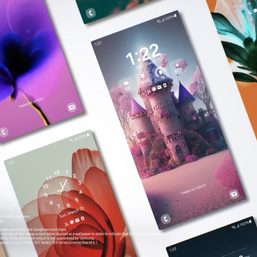
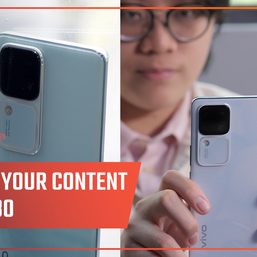
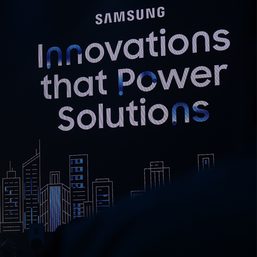
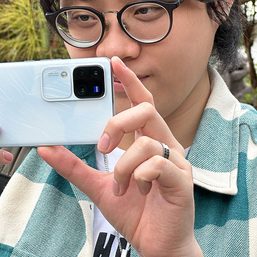

There are no comments yet. Add your comment to start the conversation.